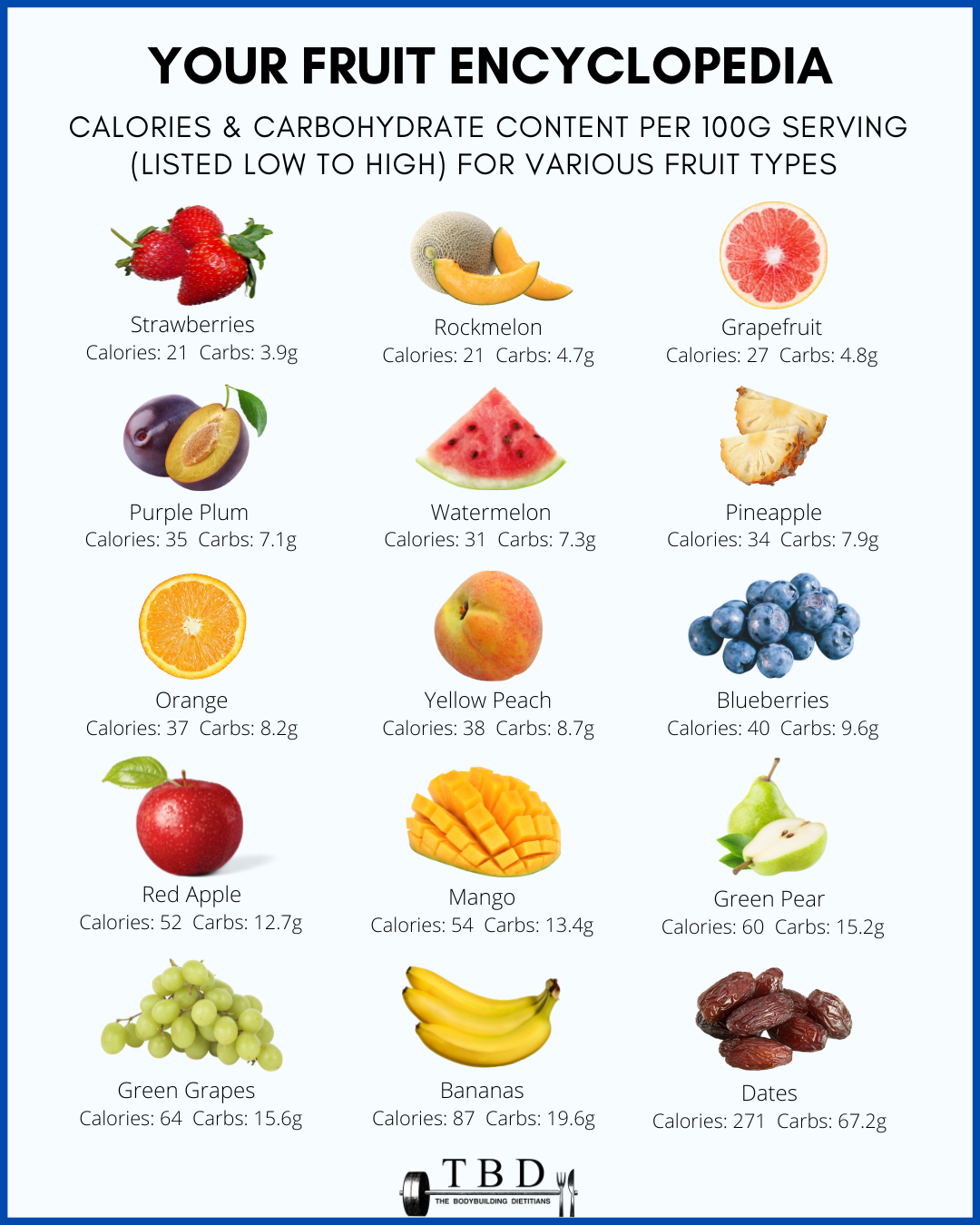Yibai Insights
Explore the latest trends, news, and insights from around the world.
Carb Loaded and Loving It: Your Ticket to Endless Energy
Discover the secrets of carb-loading for unbeatable energy! Fuel your passion and keep your momentum soaring with our expert tips. Dive in now!
The Science of Carbs: How They Fuel Your Energy Levels
Carbohydrates are one of the primary macronutrients that play a crucial role in fueling our bodies. When consumed, they are broken down into glucose, which is the body's preferred source of energy. This process begins in the mouth and continues in the digestive system, where enzymes break down complex carbohydrates into simpler sugars. Once absorbed into the bloodstream, glucose is transported to cells throughout the body, providing the fuel needed for various activities, from daily tasks to intense workouts. Understanding the science of carbs can help individuals make informed decisions about their diets and energy management.
Besides being a source of energy, carbohydrates also influence our mood and cognitive function. They stimulate the production of serotonin, a neurotransmitter that helps regulate mood, appetite, and sleep. Incorporating healthy sources of carbohydrates, such as whole grains, fruits, and vegetables, can lead to more stable energy levels. It's essential to differentiate between simple and complex carbohydrates; the former provides quick bursts of energy, while the latter offers sustained energy that can prevent spikes and crashes. Navigating this landscape of carbohydrates can significantly impact overall well-being and performance.

Top 10 High-Carb Foods for an Energy Boost
When you're looking for a quick energy boost, incorporating high-carb foods into your diet can be an effective strategy. These foods provide the body with glucose, which is the primary source of energy for our cells. Here are the top 10 high-carb foods you should consider adding to your meals:
- Oats: A breakfast staple, oats are rich in carbohydrates and fiber, ensuring a gradual release of energy throughout the day.
- Quinoa: This grain is not only high in carbs but also a complete protein, making it perfect for athletes and active individuals.
- Bananas: Known for their quick digestion, bananas are a great source of natural sugars and potassium.
- Brown Rice: A versatile side dish, brown rice provides sustained energy due to its complex carbohydrates.
- Whole Wheat Bread: Ideal for sandwiches, whole wheat bread offers a hearty dose of energy-boosting carbs.
- Sweet Potatoes: Packed with vitamins and fiber, these nutrient-dense tubers are perfect for a pre-workout meal.
- Pasta: A favorite among athletes, pasta is excellent for carbohydrates that fuel intense workouts.
- Legumes: Beans and lentils not only provide carbs but also a wealth of protein and fiber.
- Fruits: Other fruits, such as apples and oranges, are also high in carbohydrates and provide instant energy.
- Granola: Often enjoyed as a snack or breakfast, granola is a delicious combination of oats, nuts, and dried fruit.
Are All Carbs Created Equal? Understanding Good vs. Bad Carbs
When it comes to carbohydrates, not all carbs are created equal. Carbohydrates can be broadly categorized into two types: simple carbohydrates and complex carbohydrates. Simple carbohydrates, found in sugary snacks and beverages, provide quick energy but often lead to blood sugar spikes and lasting cravings. In contrast, complex carbohydrates, such as whole grains, legumes, and vegetables, are digested more slowly, providing a steady energy release and important nutrients. Understanding the difference between these two types is crucial for making informed dietary choices that support overall health.
To make healthier decisions about carb consumption, focus on incorporating more good carbs into your diet. Good carbs are whole, unprocessed foods that offer a host of nutrients along with sustained energy. Examples include:
- Oats
- Quinoa
- Beans
- Sweet potatoes